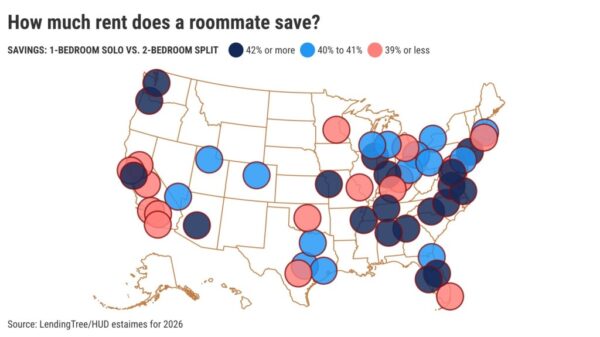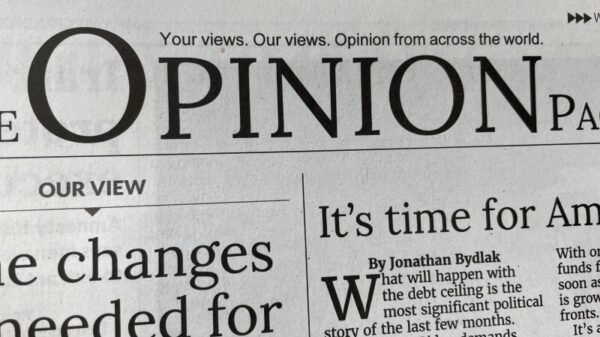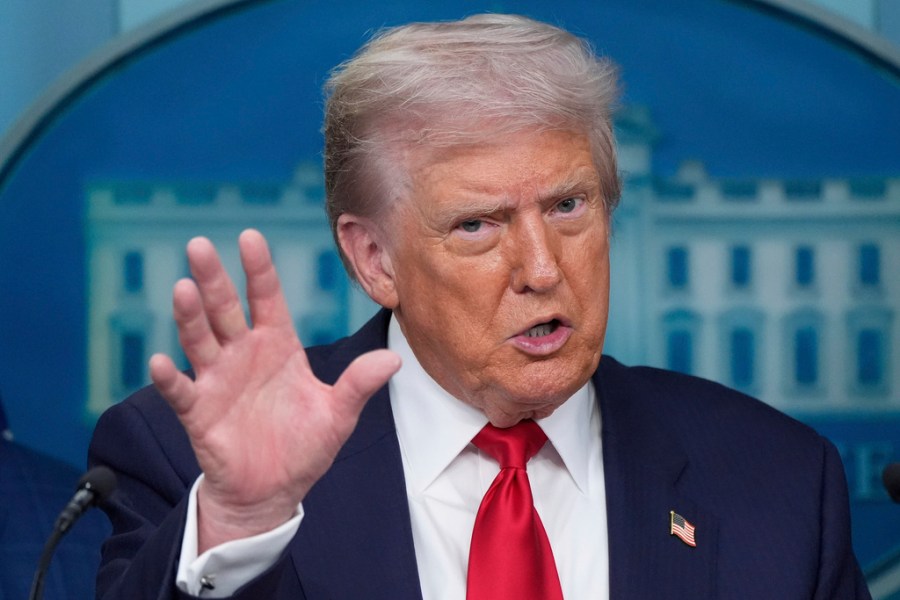Former President Donald Trump has proposed a controversial policy aimed at countering nuclear threats from foreign nations. He suggests imposing punitive tariffs each time a country issues a nuclear threat. This stance highlights the seriousness of nuclear rhetoric and aims to deter such threats through economic consequences.
Trump’s remarks come in the wake of increasing tensions related to nuclear capabilities, especially from nations like North Korea and Iran. He argues that these threats should not be treated as mere diplomatic posturing. Instead, they warrant a strong economic response to safeguard international stability.
In a recent statement, Trump emphasized that the United States must take a firmer stance. He stated, “Nuclear threats are not just part of normal diplomatic exchanges. They require immediate and decisive action.” His proposal seeks to leverage the economic power of the U.S. to influence global behavior regarding nuclear armament.
The potential implementation of tariffs could have significant implications for international relations. Tariffs are typically used to protect domestic industries from foreign competition. However, in this context, they would serve as a punitive measure against nations perceived as threats. This approach may initiate a complex interplay between trade and security on the global stage.
While some may view this policy as a necessary deterrent, others express concern over its potential repercussions. Critics argue that imposing tariffs could escalate tensions further, potentially leading to economic retaliation from the targeted nations. The delicate balance of international diplomacy may be jeopardized by such aggressive economic measures.
Trump’s tariffs proposal could also impact the global economy. Economic sanctions and tariffs can disrupt trade relationships, affecting not only the targeted nations but also allies and trading partners. The interconnected nature of the global economy means that actions taken by the U.S. could have far-reaching effects.
As the geopolitical landscape continues to evolve, the debate over how to handle nuclear threats remains critical. Proponents of Trump’s tariff policy argue that it reflects a necessary shift in how the U.S. engages with nations that threaten security. On the other hand, opponents caution against the unintended consequences that could arise from such a strategy.
In summary, Trump’s call for tariffs in response to nuclear threats represents a significant shift in policy that could reshape international relations. The effectiveness of such measures in deterring hostile nations remains to be seen. As discussions continue, the global community will closely monitor how these proposals influence diplomacy and security in an increasingly complex world.








































































